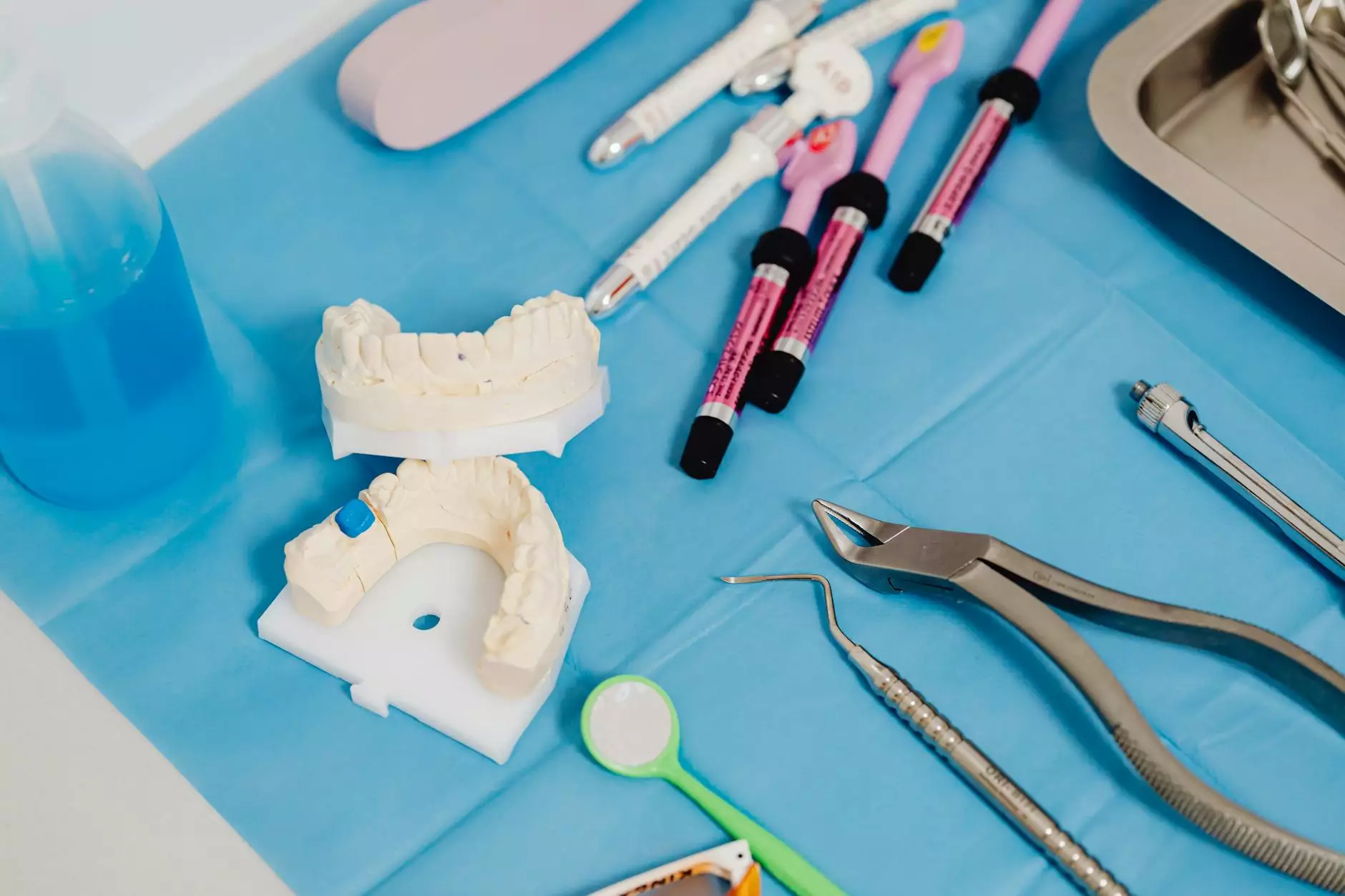Understanding Automotive Parts Manufacturers: A Comprehensive Guide

The automotive industry is a colossal enterprise that revolves around the intricate manufacturing and distribution of various components necessary for vehicle production. In this landscape, automotive parts manufacturers stand as crucial pillars, providing the essential parts that keep the global automotive engine running smoothly. In this article, we will delve deep into the intricacies of this industry, exploring the roles of these manufacturers, the types of parts they produce, the technological advancements they embrace, and the challenges they face in today’s ever-evolving market.
The Role of Automotive Parts Manufacturers
Automotive parts manufacturers are responsible for producing a comprehensive range of components that are vital for the assembly and functionality of vehicles. Their core responsibilities include:
- Design and Development: Involvement in the design phase of automotive parts, utilizing advanced engineering tools and techniques.
- Component Production: Manufacturing various parts, from engine components to interior fittings, carefully constructed to meet stringent quality standards.
- Quality Assurance: Implementing rigorous testing and quality control processes to ensure that each part meets the necessary durability and safety standards.
- Supply Chain Management: Coordinating with auto manufacturers to ensure timely delivery and efficient logistics.
- Innovation: Continuously developing new technologies and materials to improve performance and reduce costs.
Key Components Produced by Automotive Parts Manufacturers
The spectrum of parts manufactured is extensive. Below are some essential categories:
1. Engine Components
The heart of any vehicle, engine components such as pistons, camshafts, and cylinder heads, are manufactured with precision to ensure maximum efficiency and performance. These parts must endure extreme conditions and stresses, requiring innovative materials and production techniques.
2. Transmission Parts
Transmission parts, including gears, clutches, and housings, are critical for the effective transfer of power from the engine to the wheels. Manufacturers focus on enhancing performance and longevity in these components.
3. Electrical Systems
With the rise of electric vehicles, the production of electric systems like batteries, wiring harnesses, and electronic control units (ECUs) has become increasingly vital. Automotive parts manufacturers in this sector must adapt to rapidly changing technologies.
4. Suspension and Steering Components
These parts, including shocks, struts, control arms, and steering columns, are essential for vehicle stability and handling. Manufacturing processes must ensure both durability and precision.
5. Interior and Exterior Parts
From dashboards to door panels, the cosmetic and functional aspects of vehicles rely on high-quality interior and exterior parts. Manufacturers often use various materials, including metals and plastics, to produce attractive and durable components.
Technological Advancements in Automotive Parts Manufacturing
The landscape of automotive parts manufacturing is evolving rapidly, driven by emerging technologies. Here are some advancements that are reshaping the industry:
1. Automation and Robotics
Automation has dramatically improved efficiency and precision in manufacturing processes. Robots are increasingly deployed in assembly lines, performing repetitive tasks with high accuracy while reducing labor costs.
2. 3D Printing
3D printing technology allows manufacturers to prototype parts quickly and reduce waste in production. This innovation is particularly beneficial for producing complex geometries that would be difficult or impossible to achieve with traditional methods.
3. IoT in Manufacturing
The Internet of Things (IoT) facilitates real-time monitoring of machinery and production processes. By integrating sensors and smart devices, manufacturers can optimize operations, predict maintenance needs, and enhance overall efficiency.
4. Advanced Materials
New materials such as lightweight composites and alloys are being explored to enhance vehicle performance and fuel efficiency. Automotive parts manufacturers must stay at the forefront of material science to meet industry demands.
Challenges Faced by Automotive Parts Manufacturers
Despite their vital role, automotive parts manufacturers face numerous challenges in today's market. Some of the significant hurdles include:
- Supply Chain Disruptions: Global events, such as pandemics and geopolitical tensions, can severely impact the supply chain, affecting production timelines and costs.
- Increasing Regulatory Demands: Stricter environmental and safety regulations require manufacturers to invest in compliance measures and more sustainable practices.
- Market Competition: As the number of manufacturers increases, competition for contracts with automotive companies intensifies, pushing companies to innovate and reduce costs.
- Technological Adaptation: Keeping pace with rapid technological advancements requires significant investment in staff training and new equipment.
The Importance of Quality in Automotive Parts Manufacturing
In the realm of automotive parts manufacturers, quality is not just a benchmark but a critical factor that can determine the success or failure of a vehicle in the market. High-quality parts lead to greater reliability, customer satisfaction, and brand loyalty. Here’s why quality matters:
1. Safety
Safety is paramount in the automotive industry. Faulty parts can lead to accidents and even fatalities. Therefore, manufacturers must adhere to stringent safety standards and engage in thorough testing procedures.
2. Performance
Quality components contribute significantly to the overall performance of a vehicle. From acceleration to fuel efficiency, manufacturers that prioritize quality can deliver superior products that meet consumer expectations.
3. Brand Reputation
Companies known for high-quality products enjoy a positive reputation, which is vital for garnering trust and repeat business from customers and manufacturers alike.
4. Longevity
Producing durable parts reduces the need for replacements and repairs, saving consumers money and contributing to a more sustainable automotive lifecycle.
Choosing the Right Automotive Parts Manufacturer
For automotive companies seeking automotive parts manufacturers, selecting the right partner is crucial. Consider the following factors:
- Experience: A manufacturer with years of experience is more likely to understand the complexities and demands of the automotive industry.
- Quality Certification: Look for manufacturers that maintain certifications such as ISO 9001 and IATF 16949, which indicate adherence to high-quality standards.
- Technological Capabilities: Assess whether the manufacturer utilizes modern technology and practices, such as automation and IoT, for optimal production efficiency.
- Customer Service: Good communication and support from the manufacturer can significantly impact the partnership, ensuring smooth operations.
IM Auto Parts: Leading the Way in Automotive Parts Manufacturing
At IM Auto Parts, we pride ourselves on being a leader in the automotive parts manufacturing industry. Our commitment to quality and innovation sets us apart from the competition. We leverage cutting-edge technology, a skilled workforce, and stringent quality control measures to ensure that every part meets the highest standards.
Our extensive catalog of auto parts and supplies caters to various vehicles, ensuring that our clients have access to the components they need to succeed. With a focus on customer satisfaction, we work closely with our partners to understand their unique challenges and provide tailored solutions.
Conclusion
The world of automotive parts manufacturers is dynamic and essential to the broad automotive landscape. From providing critical components to evolving with technology and addressing industry challenges, these manufacturers play a pivotal role in shaping the future of vehicles. By prioritizing quality, embracing innovation, and fostering strong partnerships, manufacturers like IM Auto Parts continue to drive the industry forward, ensuring that the vehicles of today and tomorrow remain safe, efficient, and reliable.









